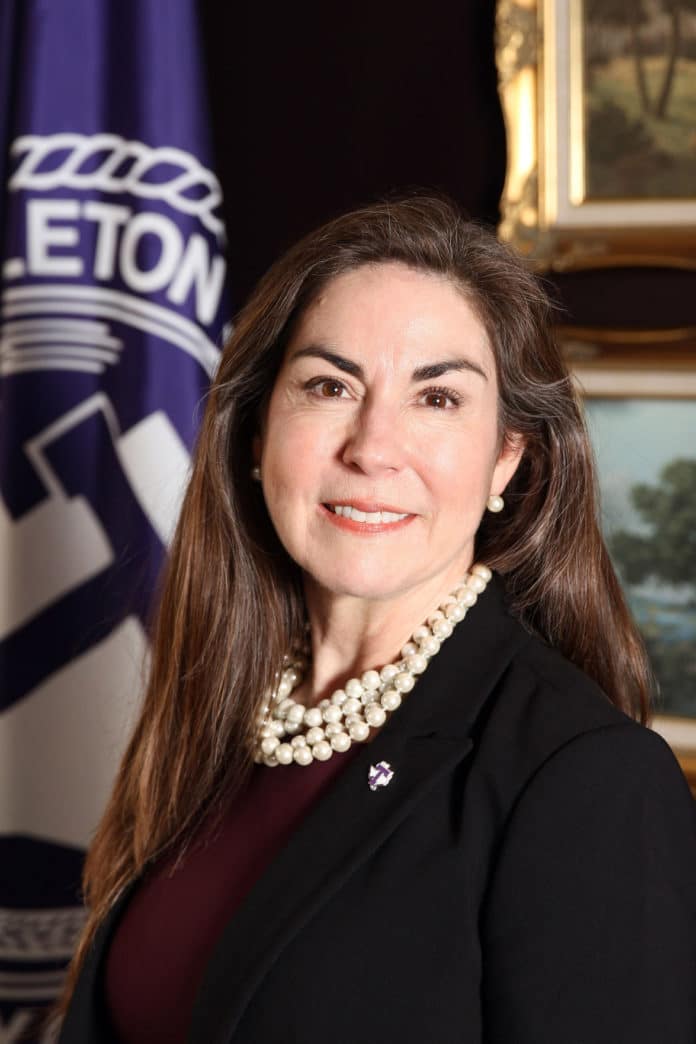For millions of people, mental illness is unavoidable.
In fact, one in five Americans, or 43.8 million of us, is affected by a mental illness.
Yet stigma still exists, causing people to feel ashamed and isolated and preventing them from seeking help.
National Mental Health Awareness Month — observed every May since 1949 — is an excellent time for us all to reflect on how we can cure the stigma.
I have heard people say they would never go to a counselor because “nothing is wrong” with them. Well, I like to joke that if you survived childhood, then you have a few issues to work through.
For some cultural groups, mental illness stigma appears more pronounced. African-Americans and Hispanic-Americans seek mental health services at about half the rate of Caucasian-Americans, and Asian-Americans at about one-third the rate, according to the National Alliance on Mental Illness.
So what can we do to end the stigma for everyone?
A good place to start is open discussion. A mental health disorder is nothing to be ashamed of. Social media have become a strong outlet for exploring mental health topics, but we still need to connect with each other one on one.
Let’s view mental health the same as we do physical health. Each is critical to well-being, yet one is routinely ignored or, worse, ridiculed.
Let’s show compassion for people who have opened up about their struggles with mental illness. The cure for stigma begins with empathy.
For the mental health professional, we must reach out to underserved populations, such as minority communities. At Tarleton State University, our Social Work and Counseling Departments are committed to serving the diverse needs of North and Central Texas, with an emphasis on Hispanic, rural and military families.
Finally, we need to recognize when we’re contributing to the stigma ourselves. The National Alliance on Mental Illness has launched curestigma.org, where visitors can take a quiz to gauge their own attitudes.
Julie Merriman, Ph.D., leads Tarleton State University’s Department of Counseling and is a licensed professional-counselor supervisor, national certified counselor, registered play therapist-supervisor and certified school counselor. Tarleton-Fort Worth serves some 200 counseling students, offering graduate and undergraduate degrees.








